In the demanding world of heavy transportation, safety and efficiency are paramount. At CarMax Vehicle, we understand the critical role that Advanced Braking Systems play in ensuring the longevity of your fleet and the safety of your cargo. One such pivotal system is the Truck Anti-lock Braking System (ABS). This comprehensive guide delves into the intricacies of truck ABS systems, exploring their functionality, benefits, components, maintenance, and the latest advancements shaping the future of heavy-duty transportation.
Understanding Truck ABS Systems
What is a Truck ABS System?
A Truck Anti-lock Braking System (ABS) is an advanced safety feature designed to prevent the wheels from locking up during braking, thereby maintaining traction with the road surface. This system allows drivers to maintain steering control, reduce stopping distances on slippery surfaces, and enhance overall vehicle stability.
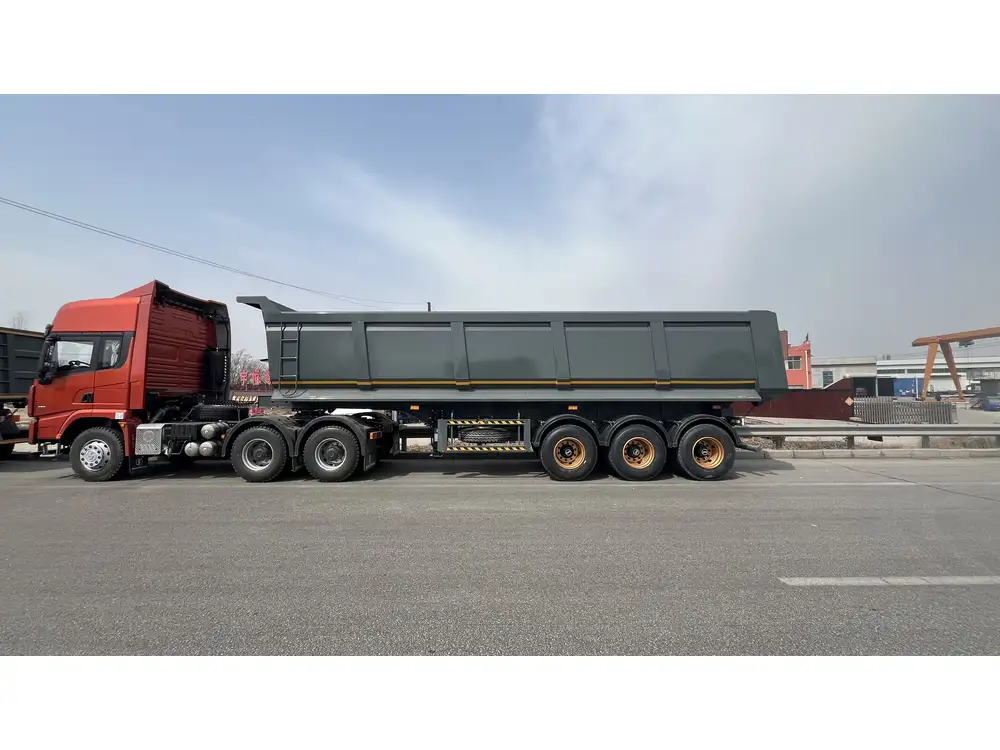
The Evolution of ABS in Commercial Vehicles
Initially developed for passenger cars, ABS technology has evolved significantly to meet the unique demands of commercial vehicles. Today’s truck ABS systems are tailored to handle the increased mass, varied loads, and diverse operating conditions that heavy-duty trucks encounter daily.
How ABS Works in Trucks
The Mechanics Behind ABS
At its core, a truck ABS system utilizes a network of sensors, valves, and a controller to monitor and manage braking force. Here’s a step-by-step breakdown of its operation:
- Wheel Speed Sensors: Each wheel is equipped with a sensor that continuously monitors its rotational speed.
- Controller Unit: The data from the sensors is sent to a central controller, which processes the information in real-time.
- Modulator Valves: If the controller detects a wheel is slowing too rapidly (indicating potential lock-up), it signals the modulator valves to reduce brake pressure to that wheel.
- Re-application of Pressure: Once the wheel regains traction, the system re-applies brake pressure, ensuring optimal braking performance.

Integration with Other Vehicle Systems
Modern truck ABS systems often integrate seamlessly with other safety and control systems, such as Electronic Stability Control (ESC) and Traction Control Systems (TCS), providing a holistic approach to vehicle stability and control.
Benefits of ABS in Heavy-Duty Trucks
Enhanced Safety
The primary advantage of ABS is the significant improvement in vehicle safety. By preventing wheel lock-up, ABS allows drivers to maintain steering control during emergency braking situations, reducing the likelihood of collisions.
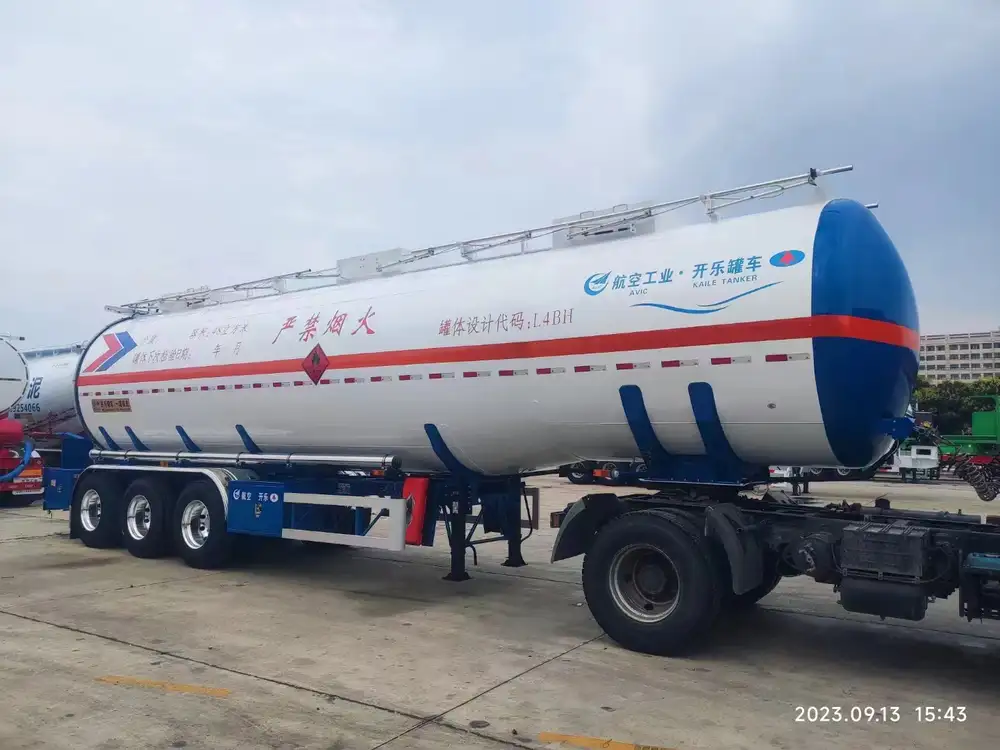
Reduced Stopping Distances
ABS can optimize braking performance, particularly on slippery or uneven surfaces, leading to shorter stopping distances compared to traditional braking systems.
Improved Cargo Protection
Effective braking reduces the risk of cargo shift or damage during sudden stops, ensuring that goods arrive at their destination intact and on time.
Increased Driver Confidence
With enhanced braking capabilities, drivers can navigate challenging terrains and adverse weather conditions with greater assurance, leading to a more confident and competent workforce.
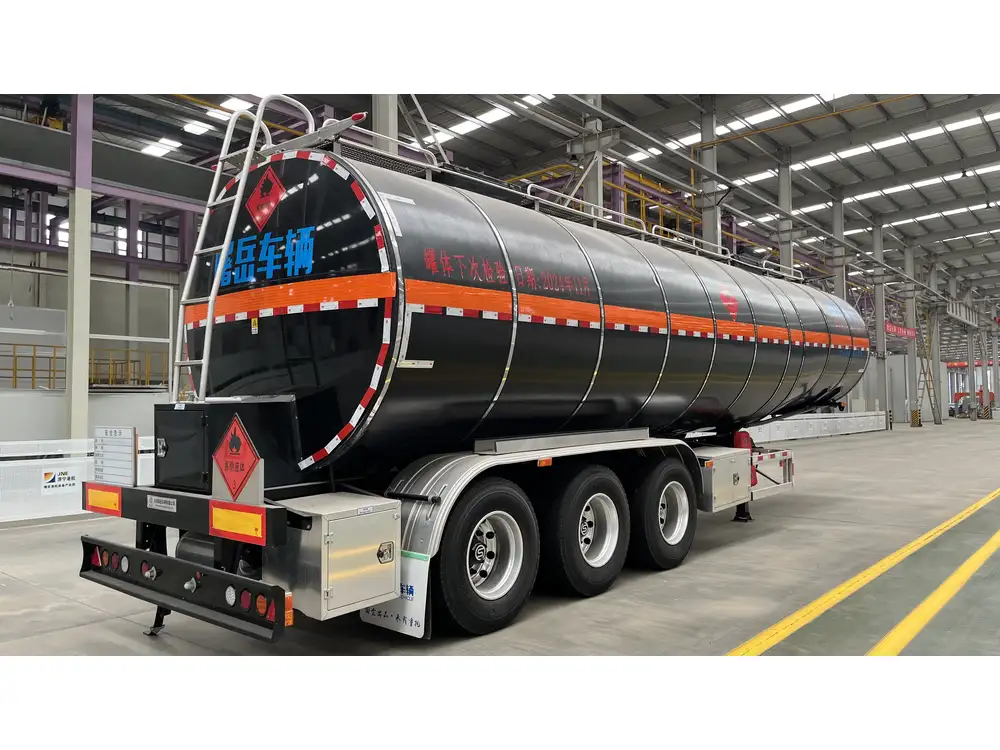
Key Components of a Truck ABS System
Wheel Speed Sensors
These sensors are critical in monitoring the rotational speed of each wheel, providing the necessary data for the ABS to function effectively.
Hydraulic Control Unit (HCU)
The HCU manages the brake fluid’s pressure, modulating it to prevent wheel lock-up during braking.
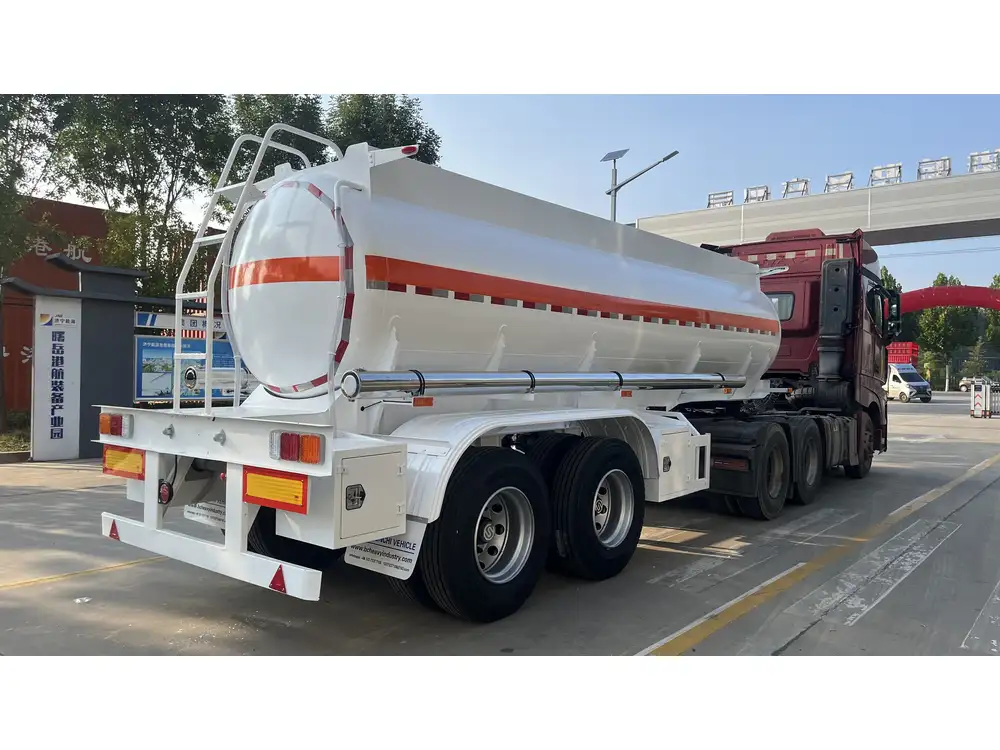
Electronic Control Module (ECM)
The ECM processes input from the wheel speed sensors and orchestrates the overall operation of the ABS, ensuring timely and precise brake modulation.
Modulator Valves
These valves control the flow of brake fluid to each wheel, adjusting pressure based on the ECM’s directives to maintain optimal braking performance.
Brake Lines and Actuators
Robust brake lines and actuators ensure the reliable transmission of brake pressure adjustments, facilitating the ABS’s responsive actions.
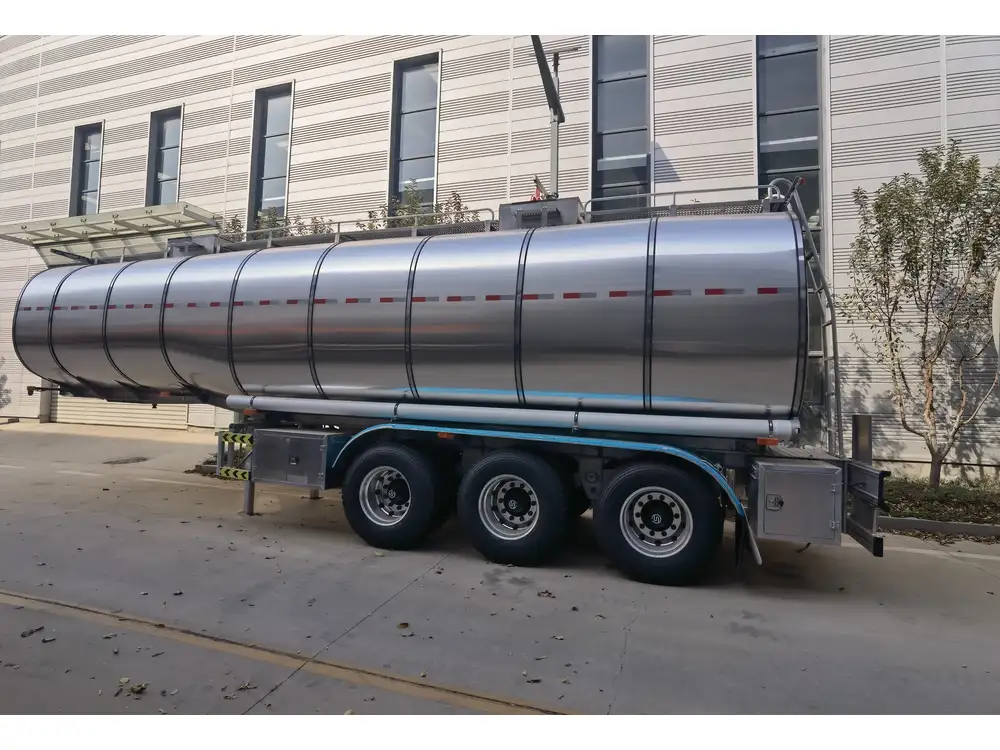
Maintenance and Troubleshooting for ABS Systems
Routine Inspections
Regular inspections are essential to ensure the ABS system operates at peak efficiency. Key areas to examine include:
- Sensor Integrity: Check for damage or debris on wheel speed sensors that could impede their functionality.
- Brake Fluid Levels: Maintain appropriate brake fluid levels to prevent system malfunctions.
- Electrical Connections: Ensure all wiring and connectors are secure and free from corrosion.
Common ABS Issues and Solutions
| Issue | Possible Cause | Solution |
|---|---|---|
| ABS Warning Light On | Faulty wheel speed sensor | Inspect and replace the defective sensor |
| Intermittent Braking | Air in the brake lines | Bleed the brake system to remove air pockets |
| Excessive Brake Pedal Vibration | Worn brake pads or rotors | Replace brake pads and resurface or replace rotors |
| ABS Activation Without Slipping | Faulty ABS module or wiring issues | Diagnose and repair or replace the ABS module |
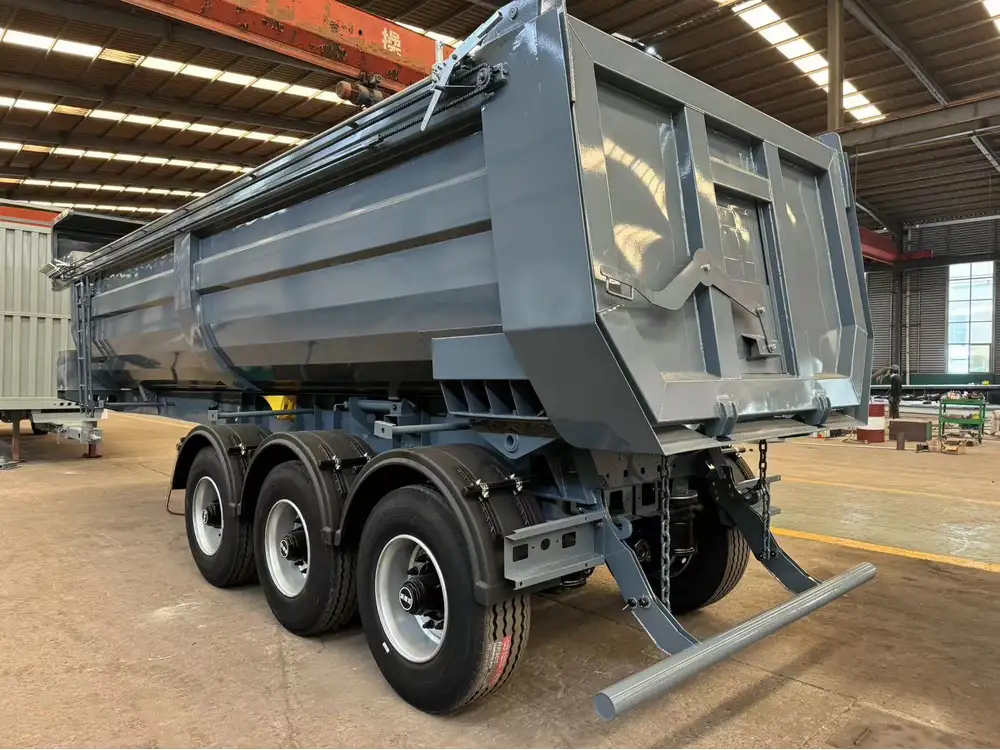
Professional Maintenance Services
Partnering with CarMax Vehicle ensures that your truck’s ABS system receives expert care. Our certified technicians are equipped with the latest tools and knowledge to perform comprehensive ABS diagnostics, maintenance, and repairs, minimizing downtime and maximizing vehicle performance.
Innovations in ABS Technology
Electronic Stability Control (ESC)
ESC systems complement ABS by enhancing vehicle stability during cornering. By selectively applying brakes and adjusting engine power, ESC helps prevent skidding and loss of control, particularly on slippery surfaces.

Adaptive ABS Systems
Adaptive ABS technology leverages advanced algorithms and vehicle data to adjust braking performance based on load conditions, driving behavior, and environmental factors, offering customized braking solutions for diverse operational scenarios.
Integration with Telematics
Modern ABS systems increasingly integrate with telematics platforms, enabling real-time monitoring and data analytics. This integration facilitates proactive maintenance, performance tracking, and fleet management optimization.
Regenerative Braking in Electric Trucks
As the transportation industry shifts towards electrification, ABS systems are being adapted to work seamlessly with regenerative braking technologies, enhancing energy efficiency and reducing wear on mechanical components.

Why CarMax Trailer Chooses CarMax Vehicle ABS Systems
Commitment to Quality and Reliability
CarMax Vehicle is dedicated to manufacturing ABS systems that meet the highest standards of quality and reliability. Our systems undergo rigorous testing to ensure they perform flawlessly under the most challenging conditions.
Tailored Solutions for Diverse Needs
Understanding that each fleet has unique requirements, we offer customized ABS solutions that cater to various truck models, load types, and operating environments, ensuring optimal performance across the board.

Cutting-Edge Technology and Innovation
Our investment in research and development ensures that CarMax Vehicle remains at the forefront of ABS technology, providing our clients with state-of-the-art systems that enhance safety and efficiency.
Exceptional Customer Support
From installation to ongoing maintenance, our team of experts provides unparalleled support, ensuring that CarMax Trailer’s fleet remains in peak operating condition with minimal disruptions.
The Future of Truck ABS Systems
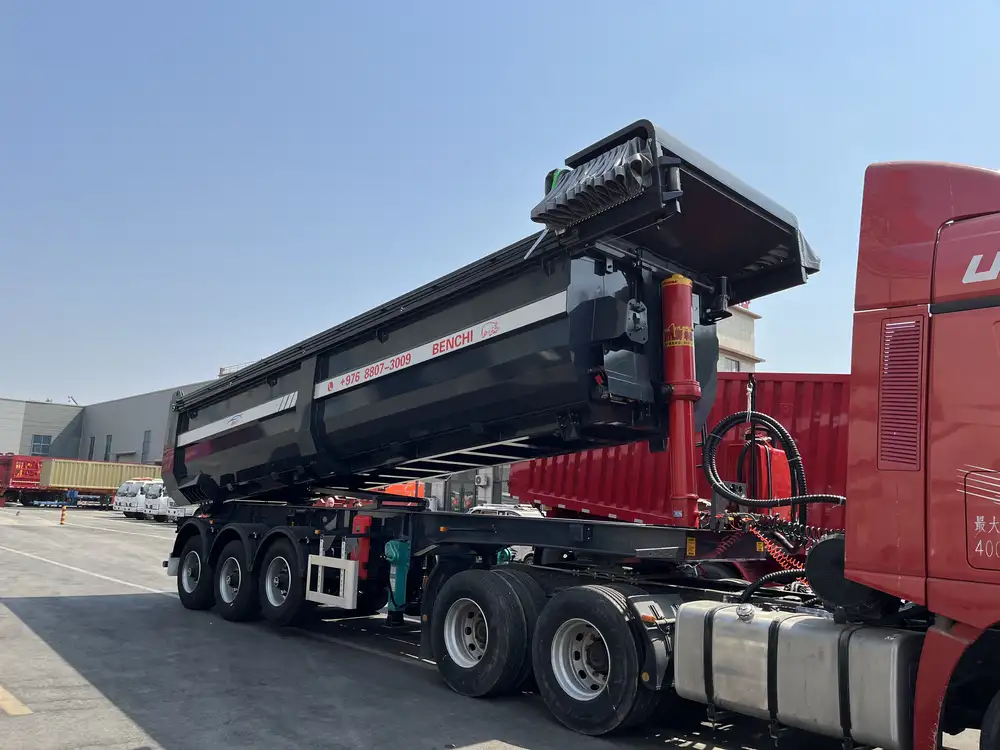
Integration with Autonomous Driving Technologies
As the transportation industry moves towards automation, ABS systems are being integrated with autonomous driving technologies. This synergy enhances vehicle control, safety, and efficiency, paving the way for fully automated heavy-duty trucks.
Enhanced Data Analytics and Predictive Maintenance
Future ABS systems will leverage big data and machine learning to provide deeper insights into vehicle performance. Predictive maintenance capabilities will allow for timely interventions, reducing downtime and extending the lifespan of braking components.
Sustainable and Eco-Friendly Braking Solutions
Advancements in ABS technology are focusing on sustainability, with systems designed to reduce energy consumption, minimize brake dust emissions, and utilize eco-friendly materials in their construction.

Increased Customization and Scalability
Manufacturers like CarMax Vehicle are developing ABS systems that offer greater customization and scalability, allowing fleets of all sizes to benefit from advanced braking technology tailored to their specific needs.
Conclusion
The Truck ABS system is an indispensable component in today’s heavy-duty transportation landscape, offering unparalleled safety, efficiency, and control. At CarMax Vehicle, we are committed to delivering top-tier ABS solutions that empower fleet operators to navigate the complexities of modern logistics with confidence and precision. By investing in advanced ABS technology, CarMax Trailer ensures that its fleet remains at the pinnacle of performance and safety, driving success in an increasingly competitive market.
Frequently Asked Questions
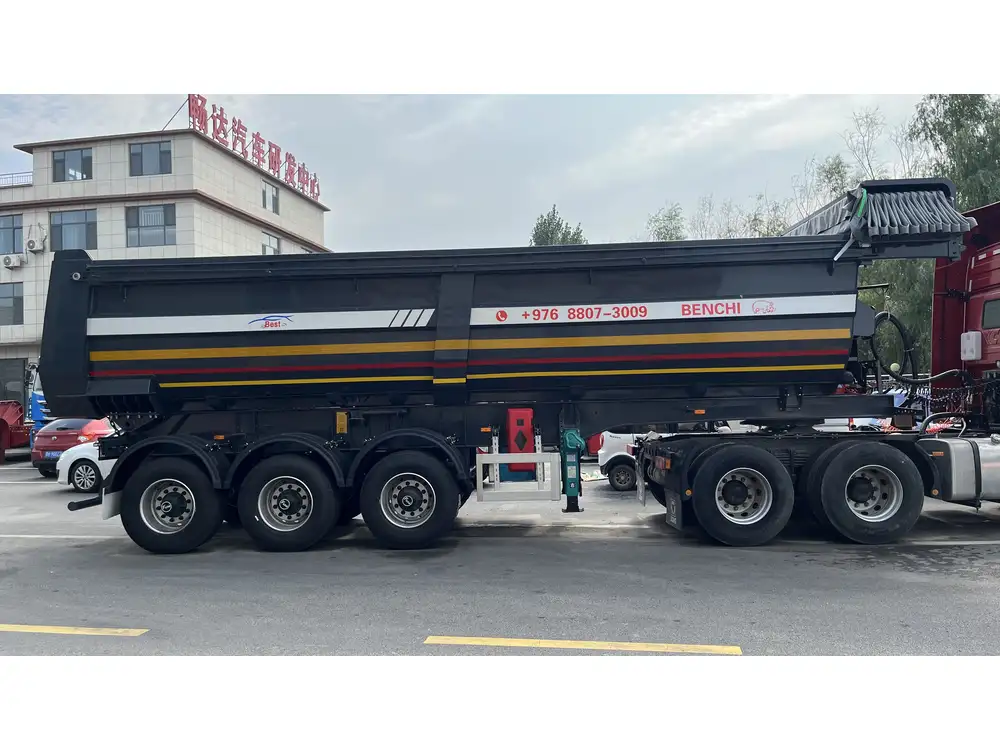
1. How does a truck ABS system differ from a passenger vehicle ABS?
Truck ABS systems are specifically designed to handle the increased weight, varying loads, and diverse operating conditions of commercial vehicles. They often include additional sensors and more robust hydraulic components to ensure reliable performance under heavier braking demands.
2. What are the signs that a truck’s ABS system may be failing?
Common indicators of ABS failure include the ABS warning light remaining illuminated on the dashboard, unusual noises during braking, excessive brake pedal vibration, and intermittent brake activation without wheel slippage. If any of these symptoms occur, it is crucial to have the system inspected by a professional.
3. Can I drive my truck if the ABS system is malfunctioning?
While a truck can still be driven with a malfunctioning ABS system, it is not recommended. The absence of ABS can significantly reduce braking effectiveness and increase the risk of accidents, especially in emergency situations or adverse weather conditions.

4. How often should the ABS system be serviced?
Regular maintenance of the ABS system is essential for optimal performance. It is advisable to have the system inspected during routine vehicle maintenance checks, typically every 12,000 miles or as recommended by the manufacturer.
5. What advancements can we expect in ABS technology in the next few years?
Future advancements in ABS technology are expected to include greater integration with autonomous driving systems, enhanced data analytics for predictive maintenance, more sustainable and eco-friendly braking solutions, and increased customization options to cater to a wider range of fleet requirements.



